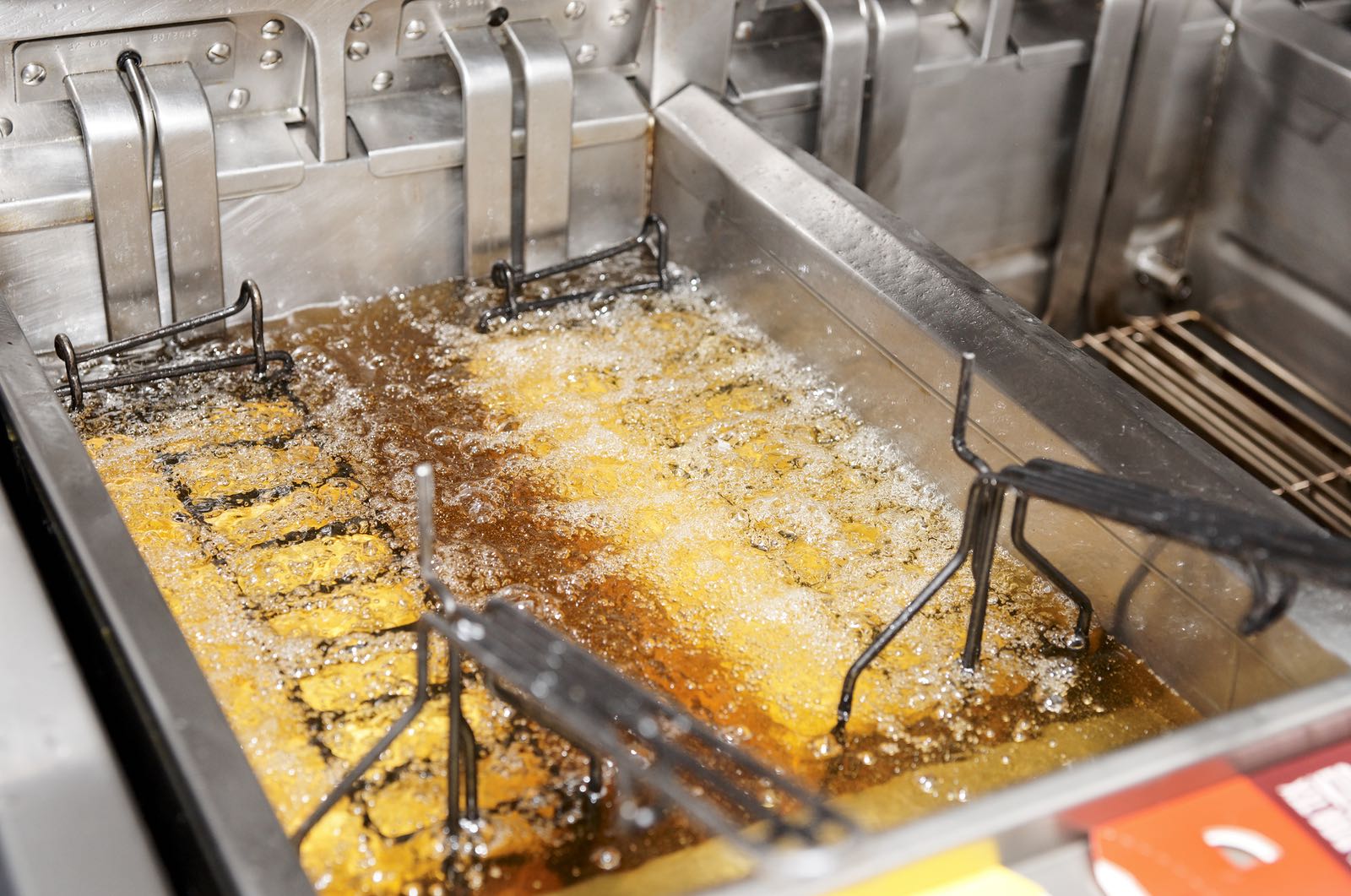Whether you own or manage a commercial cooking operation, it is always important to ensure your kitchen is as clean as possible. Maintaining a clean commercial kitchen is not only a legal requirement but also a way of ensuring customer satisfaction.
Messy kitchens have the potential to tarnish the reputation of your business, negatively affect staff productivity and reduce effectiveness within your workplace. Preventing grease build-up in your commercial kitchen is one way of ensuring you maintain a healthy and hygienic environment for your employees and clients.
But, let’s face it; getting rid of grease is easier said than done. There will be grease in your kitchen wastewater and flushing greasy wastewater into the sewer is not an acceptible solution. So, what should you do? The answer is simple: you need a grease trap.
What Is A Grease Trap?
A grease trap is large rectangular device, often made of steel, which is normally installed at the junction of a restaurant’s sewer line and the main disposal system. The device helps prevent grease, oils, fats, and other solids from entering the main wastewater disposal system.
Why Do You Need A Grease Trap?
There are three main reasons grease traps are necessary in commercial kitchens:
- To Prevent Blockage: FOG (Fats, Oils, and Grease) is a pretty big issue for wastewater disposal systems. If FOG is left to enter the main disposal system, it can cause massive blockages that can be costly and time-consuming to fix.
- To Protect the Environment: FOG that enters the sewer system may end up in areas that allow it to kill plant, aquatic and animal life.
- To Help You Comply With The Law: Installing a grease trap will help you adhere to the rules that state that every commercial premise should ensure that all waste is managed properly from the point where it’s produced to its place of final disposal.
How Do Grease Traps Work?
As wastewater flows into this device, FOGs harden and float to the top of the device. Since FOG is lighter than water, the floating process takes place quickly and naturally. Meanwhile, hard bits of food solids will sink to the bottom of the device. The waste water will be held in the middle. Once the whole process is completed, the wastewater will be forced out of the grease trap and into the main disposal system.
What Happens To Food Solids And FOG?
The FOG and food particles will remain in the grease trap. Therefore, it is important to ensure it’s cleaned to prevent odours, spill-overs, and pump-outs. However, trying to clean the grease trap on your own is hard work without the proper equipment. Hiring a professional kitchen cleaning service provider is a great alternative, especially for emergency cleaning needs.
Grease Trap Cleaning: Why You Want a Professional Service
1. Expertise
Appropriate training, skills and experience are key components to exceptional grease trap cleaning services. Professional cleaning experts typically gladly produce necessary documentation and share their training backgrounds to verify that they are talented and have been in the field for years.
2. Technology
You think you can clean a grease trap with simple tools? Well, think again. Cleaning commercial kitchen grease traps is should usually be left to professionals. There are special tools used to clean grease traps and a grease trap cleaning provider will know how to get the job right the first time. Most reputable companies will strive to embrace new cleaning trends and technologies, as well as employ the latest cleaning techniques and technologies to ensure they completely get rid of the waste build-up.
3. Non-Toxic Treatments
Cleaning grease trap with toxic treatments can lead to leakages, which can be expensive to fix. For this reason, non-toxic cleaning solutions that will not destroy your grease trap should be used. The best non-toxic solutions not only get rid of grease but also help loosen other accumulated contaminants such as soil and stains.
4. Saving Time And Money
If a grease trap is not cleaned properly the first time, the leftover waste build-up can cost you huge amounts of money in cleaning, repairs, and restorations. A professional grease trap cleaner will help you avoid these costs. Most cleaning services are affordable and won’t crush your tight budget.
5. Same Day Services
Many trap cleaning services offer same-day services that send an individual or small team to inspect your grease trap and discuss possible treatments. Inspecting the trap helps identify any areas that may require specialized cleaning techniques and treatments. Inspecting also helps for planning work required to ensure the cleaning process occurs without problems. All services should be thoroughly inspected after being performed.
6. Peace of Mind
Running a commercial kitchen operation is not easy. You are required to deal with the day-to-day operations of your business and still deal with unending demands from clients and employees. You can easily mess up if you are not careful. However, a professional company lets you focus on your business as they take care of your grease trap.
Cleaning experts should understand that you have a tight schedule and won’t let a grease trap repair get in your way. They should know how to manage time effectively and do everything possible to ensure deadlines are met. They should respect your business and always clean up after the job is complete.
For most professional grease trap cleaning companies, you are more than a client and should always be treated with the highest level of professionalism. Professional technicians are well-trained and solve any problems they cause in the process. One way to check for professionalism is to make sure that the cleaning company you choose is licensed, bonded and insured.




